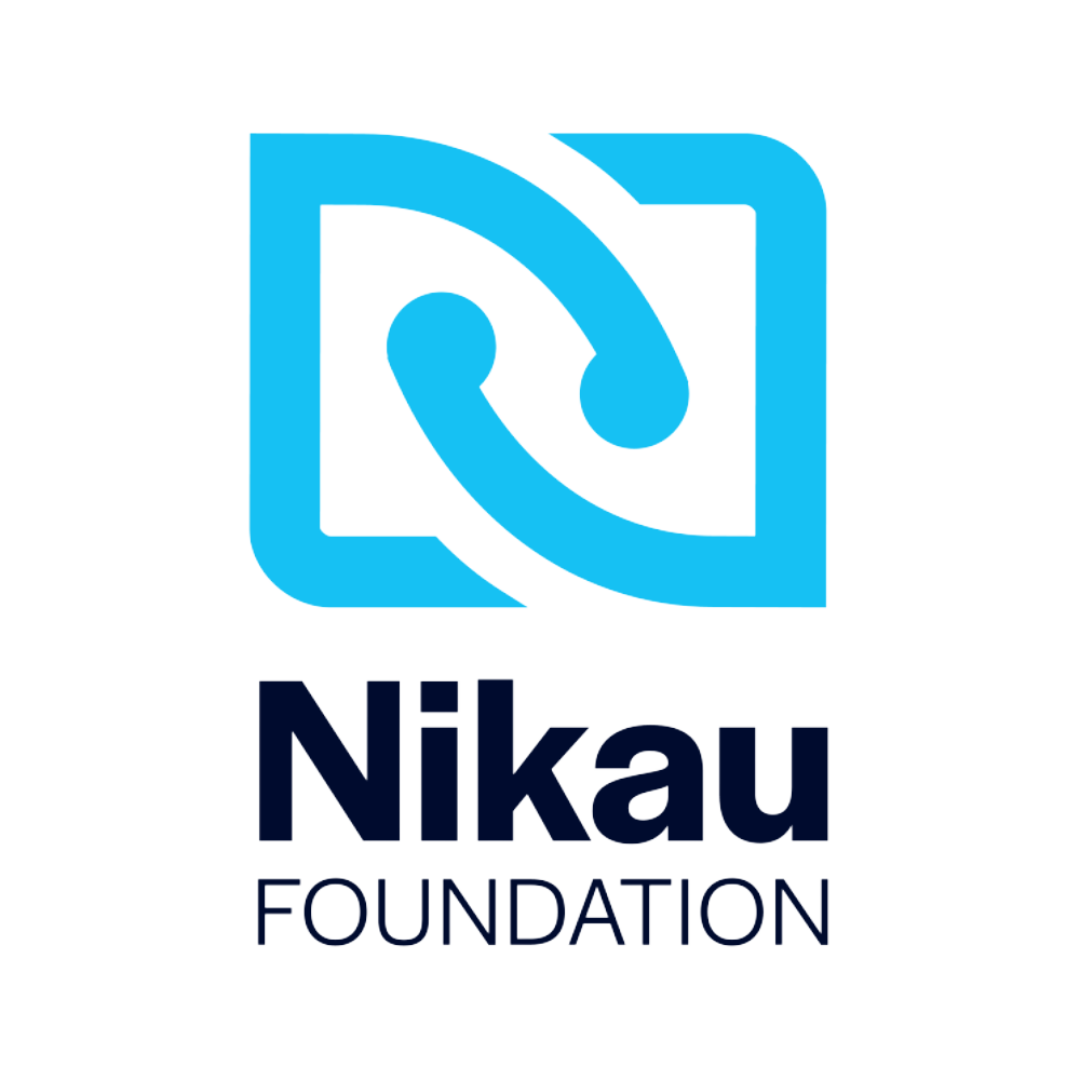Creating healthier and safer futures for youth
When Te Kāhu Tiu Trust Founder, Amelia Trotter, first climbed the stairs of their new building, she felt a profound sense of landing. She looked out over the māra kai (vegetable garden), with its newly turned and planted beds, and she imagined the time when, in a few short months, the orchards would be planted, the regeneration of native bush seeded, and the inaugural community rehabilitation program would welcome its first rangatahi.
Amelia has always had an interest in Youth Justice, studying psychology and criminology before undertaking a master's degree in criminal justice. During her studies, she was placed in the New Zealand Police’s Youth Aid programme before taking a role at the Wellington City Mission’s youth service under the then City Missioner, Des Britten. It was during her time working in the Mission’s alternative school that she realised the value of less traditional approaches to support at-risk youth.
Image credit: Te Kāhu Tiu Trust
Trauma-informed therapy
Undertaking additional study in trauma-informed therapy, Amelia soon saw that there was space in New Zealand for a community rehabilitation programme, which connected young offenders to the land and addressed trauma from the inside out.
“We know from studies that residential programmes don’t create long-term change for offenders,” says Amelia. In fact, when people under 20 are incarcerated in New Zealand, they have a 77% chance of being re-sentenced within 60 months*. “Instead, Te Kāhu Tiu aims to address the root cause of offending to positively and sustainably change their life trajectories,” she says.
Creating a positive trajectory
Te Kāhu Tiu’s programmes, which will run for 12-18 months, will offer tailored support to young offenders, who may be referred from external agencies such as Oranga Tamariki and the New Zealand Youth Court. Acknowledging that many young offenders experience complex trauma, the programmes will aim to introduce them to as many healing modalities as possible, from therapy designed to address intergenerational trauma, to community and whānau connection, to capability and confidence-building exercises.
With the goal to create a platform for healthier and safer futures for youth, their whānau, and the wider communities, Te Kāhu Tiu works alongside each individual to build a genuine sense of self-love and knowledge, so that they can positively contribute to the world. “We want to engender the idea that the boys have agency,” says Amelia. “We want them to know that they can be the change.”
The programme also works with each individual to realise their strengths and interests. “If we know someone is interested in becoming a mechanic, we will work with them to gain the skills they need to secure an apprenticeship, for example,” says Amelia.
Image credit: Te Kāhu Tiu Trust
Fostering connection with nature
Recognising that meaningful connection with the whenua contributes to a strong sense of self and belonging, Te Kāhu Tiu’s on-site māra kai will offer opportunities for the boys to grow and harvest their own fruit and vegetables and prepare fresh food. These important practical skills will help them to nourish, look after themselves and set themselves up for success as they move back into society.
Te Kāhu Tiu Trust sought funding to complete development of the orchard space. Nikau Foundation was delighted to assist, providing a grant from Wellington North Rotary.
It is Amelia’s hope that as these rangatahi (young people) walk through and work in the māra kai, as they sink their hands in the earth, pick the fruit they’ve helped ripen, and harvest the vegetables they’ve grown, a strong sense of kaitiakitanga (guardianship) will rise within them.



